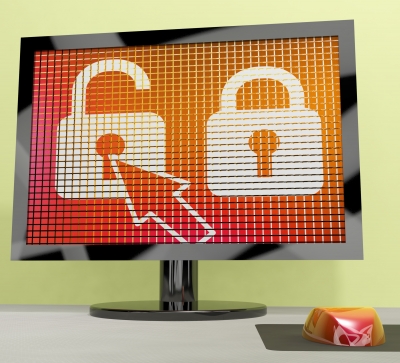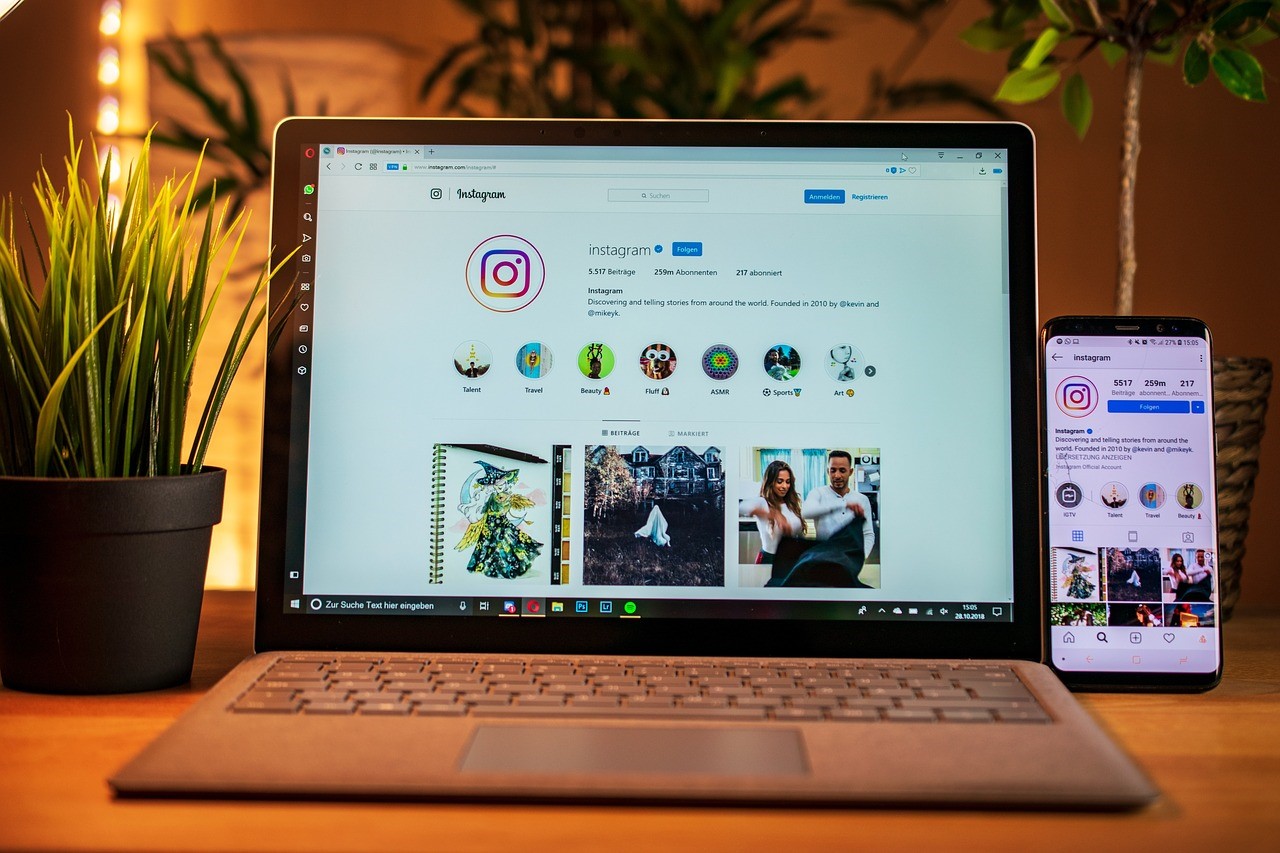A rise in online identify theft is one downside of the ever increasing convenience of making connections and doing business online. By following a few simple tips you can largely reduce the chances of having sensitive personal information mined by ruthless online hackers. Be vigilant and informed to keep your accounts secure.
Review Social Media Privacy Settings
All Facebook settings should be toggled to “Friends Only” to secure your profile page. Facebook sometimes changes these settings. In certain cases Facebook may even reset all of your sensitive privacy settings. Check back in frequently to keep your friend network small and profile secure.
Don’t Be Too Social
By not posting sensitive personal information to your profiles you can avoid being the victim of identity theft. Do not share important information like your address, phone number, or your children’s age. Avoid giving criminals any access to information which can help them assume your identity. Remove any Facebook friends you don’t know personally. Keep your “About Me” section short and sweet and give out “likes” sparingly to deprive hackers of critical information about you and your family.
Monitor Accounts Frequently
The article How to Avoid Becoming a Victim of Business Identity Theft explains how monitoring company accounts can help you spot any red flag activities. Check your personal accounts too if you want to avoid being a victim of online fraud. Diligent banks have protocols in place to identify any suspicious purchases. For example, if a larger than normal purchase is made with your debit card or an online purchase originating from an IP address on the other side of the world occurs your account is likely to be flagged. Review your bank’s policy regarding suspicious purchases and flagging and check your online bank accounts frequently.
Beware Phishing Emails
If an email seems suspicious do not open it. Never click links or open attachments from emails unless they originate from a trusted source. Check the domain name associated with the email sender. As spam emails become more sophisticated it pays to be more vigilant. Don’t trust any email that your friends, family or business associates sends. If the person needs to get in touch with you they can always call you or reach you through another channel, such as your social network profiles.
Use Multiple Passwords
Using multiple passwords prevents any hacker from accessing your accounts across a wide range of websites. A criminal can easily assume your online identity by accessing a handful of your personal and business accounts to mine your private information. Use strong passwords for each website to confuse diligent hackers.
Use Strong Passwords
Hackers are particularly skilled at hacking weak passwords. Build strong, tough to hack passwords for all of your personal and business accounts. Use a combination of letters, numbers and symbols to confuse hackers. Do not use personal dates of significance like your birthday and avoid using any combination of your first and last names as these passwords are easy to crack.





